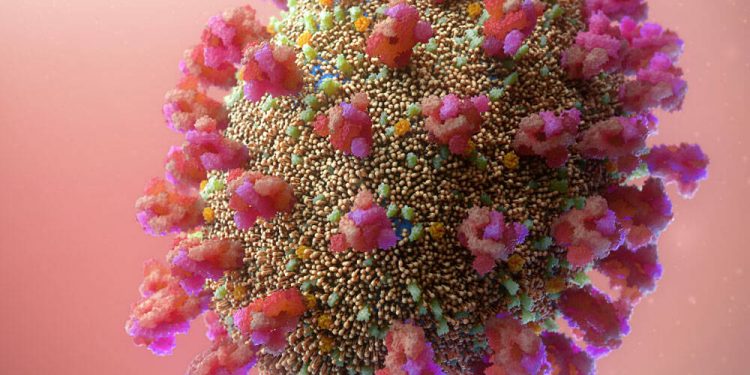Lisbon: On average, men produce more COVID-19 antibodies than women, say Portuguese researchers, adding that, 90 per cent of the patients have detectable antibodies up to seven months post contracting the SARS-CoV-2 virus.
The results, published in the European Journal of Immunology, also show that age is not a confounding factor in levels of antibodies produced, but disease severity is.
“Our immune system recognizes the virus SARS-CoV-2 as harmful and produces antibodies in response to it, which helps to fight the virus,” said study author Marc Veldhoen from Medicina Molecular Joao Lobo Antunes in Portugal.
For the findings, the research team set up an in-house sensitive specific and versatile Covid-19 serology test.
They started to monitor the antibody levels of over 300 COVID-19 hospital patients and healthcare workers, and over 200 post-COVID-19 volunteers.
The results of this six months cross-sectional study show a classic pattern with a rapid increase of antibody levels within the first three weeks after Covid-19 symptoms and, as expected, a reduction to intermediate levels thereafter.
“In this early response phase, on average men produce more antibodies than women, but levels equilibrate during the resolution phase and are similar between the sexes in the months after SARS-CoV-2 infection,” Veldhoen said.
In the acute phase of the immune response, the team observed higher antibody levels in patients with more severe disease.
Also, the results show that age is not a confounding factor for the production of antibodies, as no significant differences were observed between age groups.
Globally, 90 per cent of participants have detectable antibodies up to seven months post contracting Covid-19.
Next, the research team evaluated the function of these antibodies, i.e. their neutralizing activity against the virus SARS-CoV-2.
Also, the research team analysed the neutralizing capacity of the antibodies produced by the patients and volunteers.
“Our work provides detailed information for the assays used, facilitating further and longitudinal analysis of protective immunity to SARS-CoV-2,” Veldhoen said.
Importantly, it highlights a continued level of circulating neutralising antibodies in most people with confirmed SARS-CoV-2.
IANS






































